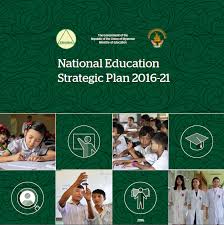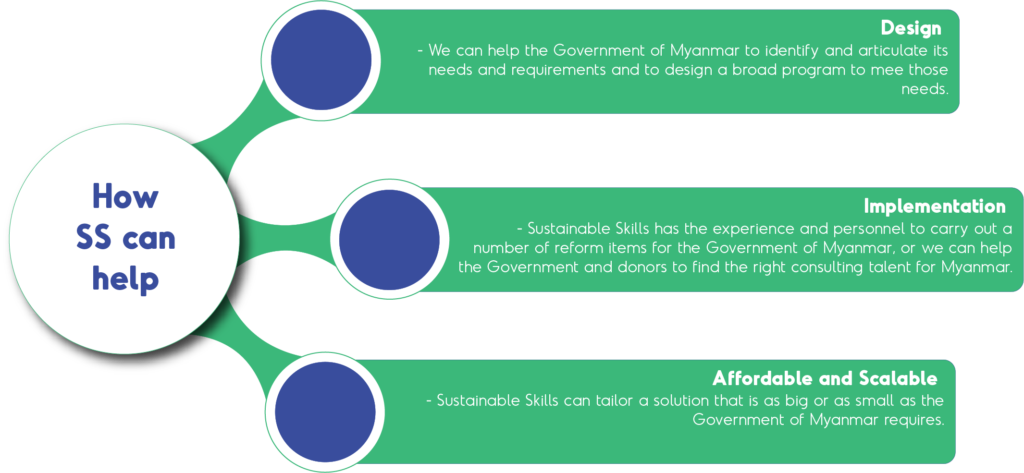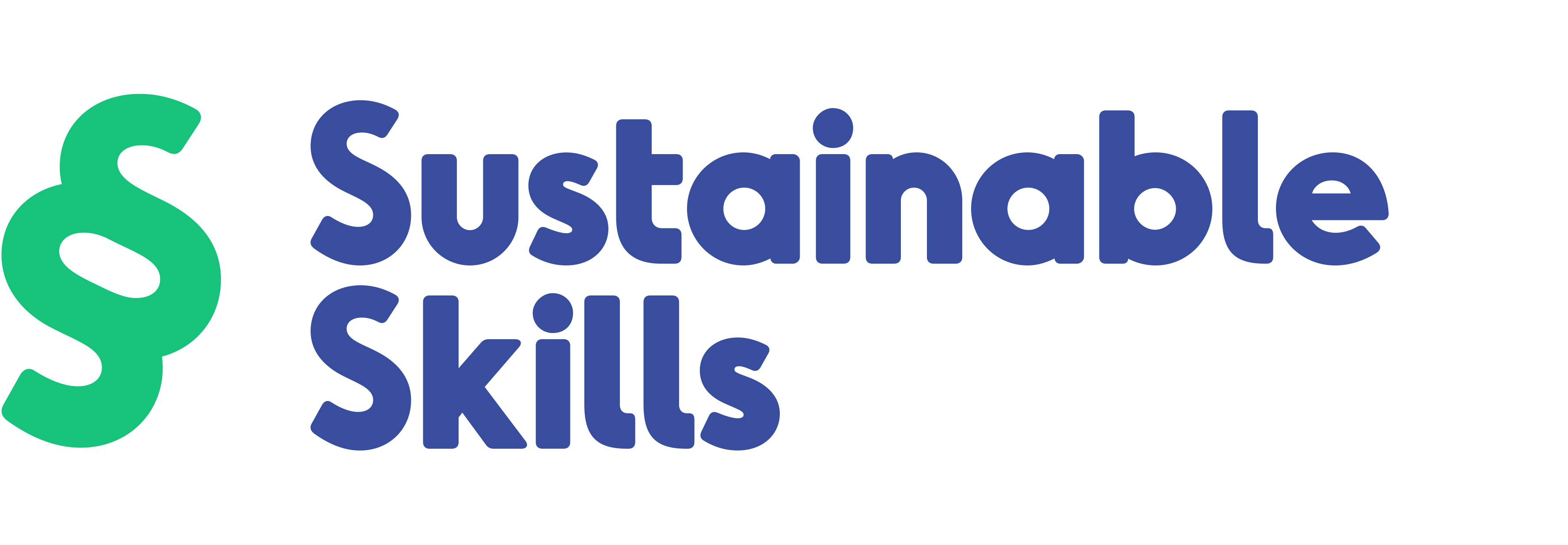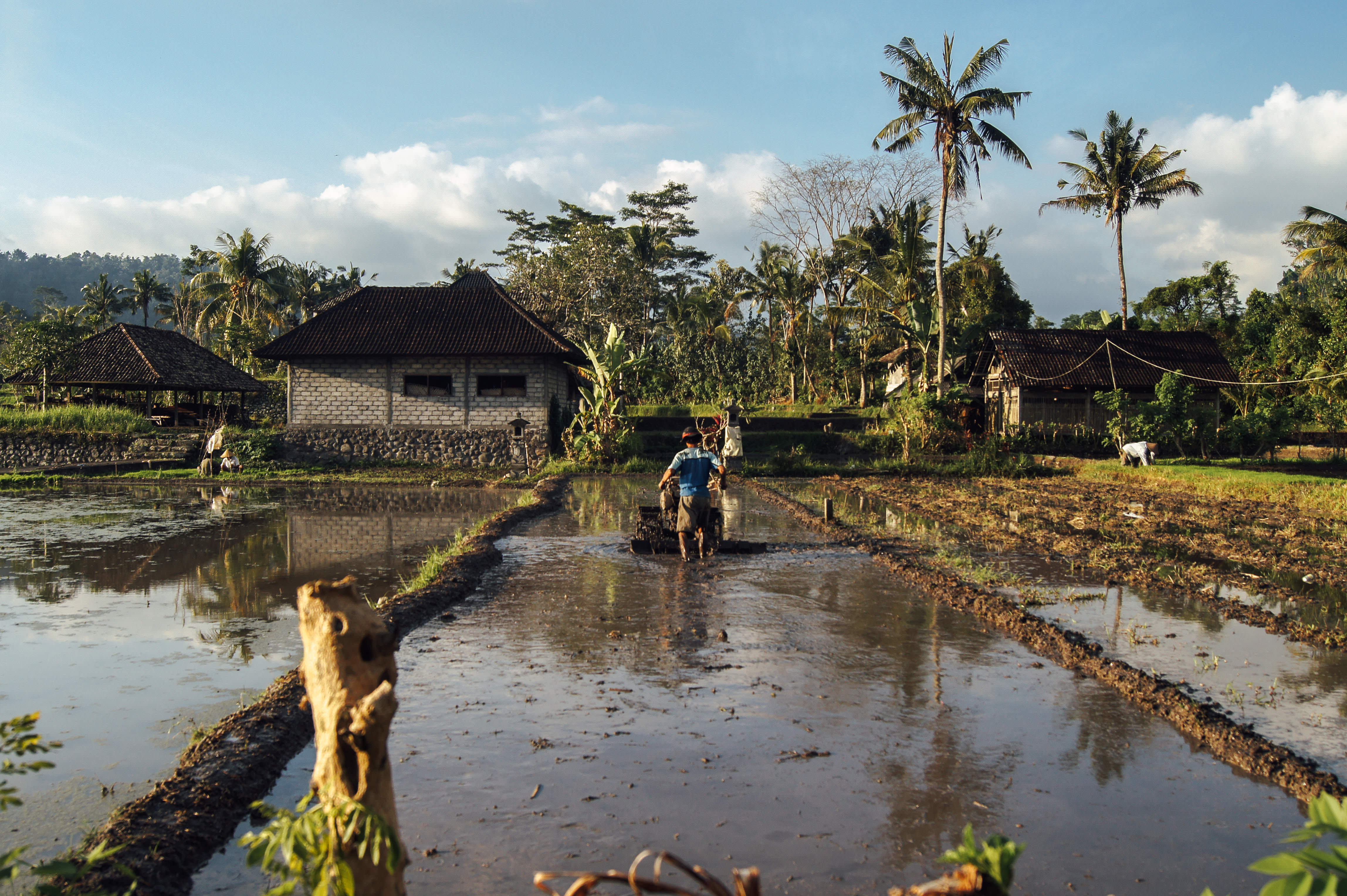
Myanmar National Education Strategic Plan 2016-2021: enabling greater access, quality and equity in the TVET system
The Ministry of Education of Myanmar has recently launched a new National Education Strategic Plan (NESP) aiming to establish an accessible, equitable and effective national education system over the next five years. The ultimate goal of this plan is to equip local youth and adult students with the skills they need to succeed in the 21st century and to enable them to fulfil their career and lifelong learning aspirations.
The NESP roadmap clearly recognises the vital importance of developing an industry-led and competency-based TVET system able to train a skilled and competitive local workforce to support Myanmar’s long-term social and economic growth. In the coming years, Myanmar will need a large number of skilled employees, particularly for the agricultural, energy, manufacturing, infrastructure, livestock, fisheries and tourism sectors.
How Sustainable Skills can help

As a key stakeholder in the Australian TVET sector, and as a consultant to the TVET authorities of a number of African and Asian nations, Sustainable Skills has extensive and niche experience in helping Governments and Industry to reform their TVET system and can assist Myanmar to design a program that will realise its educational goals.
This article summarises a number of ideas about what the reform program could look like while specifying how Sustainable Skills could be involved in the process.
Allocate funding to enable grater access to TVET
Greater access to TVET requires expansion in the number of training places as well as the removal of barriers to enrolling in a training course or having one’s skills recognised. Increasing the number of training places available is fairly simple, but can be done only after building the capacity of the system through substantial investment in facilities and skills of TVET educators. There are a number of models for how to manage this process, and Sustainable Skills can assist the Government of Myanmar in formulating an appropriate model and in designing a program, or in procuring the right implementation partner for a funding program.
Ensuring greater quality and alignment to labour market requirements
The adoption of industry-defined competency standards that can be packaged into skill sets and qualifications can help the Government of Myanmar to achieve its dual goals of graduates equipped with skill sets required by industries and TVET curricula that meet local needs.
The use of standards allows for curricula to be regionally specific while maintaining consistency across training providers and aligning to the needs of industry. As the Australian Industry Skills Council for the Resources and Infrastructure Industries, these have been the core business for Sustainable Skills (as SkillsDMC) for nearly twenty years and our support can be instrumental to develop and implement these critical TVET components.
A mistake that is often made in determining the qualifications required for TVET trainers is to ignore the importance of industry experience. Questions need to be asked about whether TVET trainers and assessors require university qualifications, or whether competency in the disciplines that they are training is more important. Sustainable Skills can help the Government of Myanmar to find the right balance of education, competency and industry experience for its TVET workforce.
Creating a more effective TVET management system
As an independent and honest third party mediating between the needs of industry and the realities of Government, Sustainable Skills has developed a unique understanding of how TVET systems can be managed. When it comes to the cooperation of Government ministries with the private sector, Sustainable Skills has helped to develop industry representation with Government in Australia, as well as throughout Africa and Asia. A TVET Council model, such as the one aspired to in the NESP, should be industry-led without marginalising the needs of training sector and individuals.
Sustainable Skills has experience doing this both in Australia and in Africa (Mozambique and Zambia) and can assist the Government of Myanmar in conducting the stakeholder analysis, in approaching stakeholders to participate and in forming the structures that the Council will work within. We’ve also provided advice and support to The Philippines and Vietnam in their efforts to implement a similar system.
Implementing a pilot program
The benefit of a pilot program is that it is contained and can have a specified end date, at which time the TVET Council, the Government and the consultants can evaluate the success of the programs and make changes to those programs before they are implemented more widely across the TVET system. It will also be worthwhile to evaluate the extent to which capacity within the system has been developed at a Government, employer and training provider level, and determine whether additional capacity building is required or whether the market is ready to function and grow independent of external support.
We take great pride in assisting our partners to make the connection between international best practice and their local needs. Contact us for further information about how Sustainable Skills can deliver positive outcomes in your market or for your organisation.


